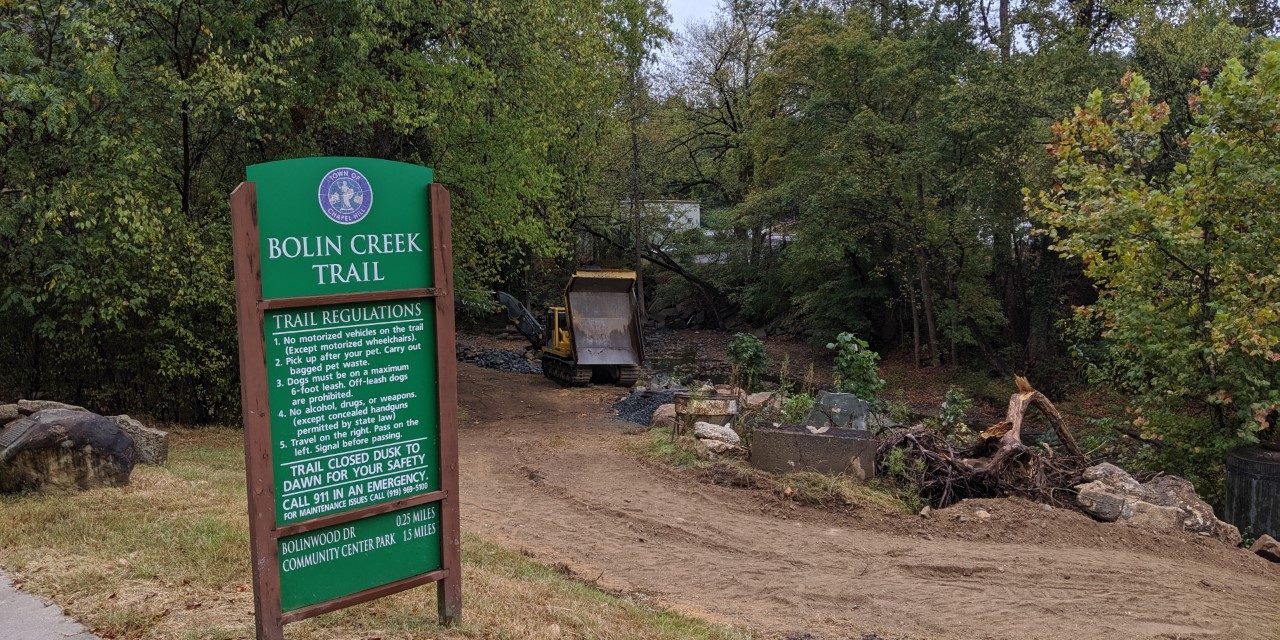A 550-foot gap has sat in the Bolin Creek Trail for months. Those using the trail have had to cross busy Martin Luther King Jr. Boulevard to return to the trail instead of crossing under the bridge on the path.
Now, after delays from Hurricanes Florence and Dorian and the coal ash remediation project along the creek bank, construction to complete the stretch of the trail has finally resumed. The crews are extending the concrete path under the bridge eastward toward Bolinwood Drive, connecting to the existing paved trail.
The topic of coal ash deposits and their removal have long loomed over development and renovation to the Bolin Creek Trail. 828 Martin Luther King Jr. Boulevard, where the town’s police department is currently located, was a coal ash disposal site and borders the trail.
Chapel Hill has taken steps to prevent any further contamination of the soil since. Preventing any runoff of contaminated soil into Bolin Creek was a topic of discussion for the town council in June, as they heard plans for the removal of soil.
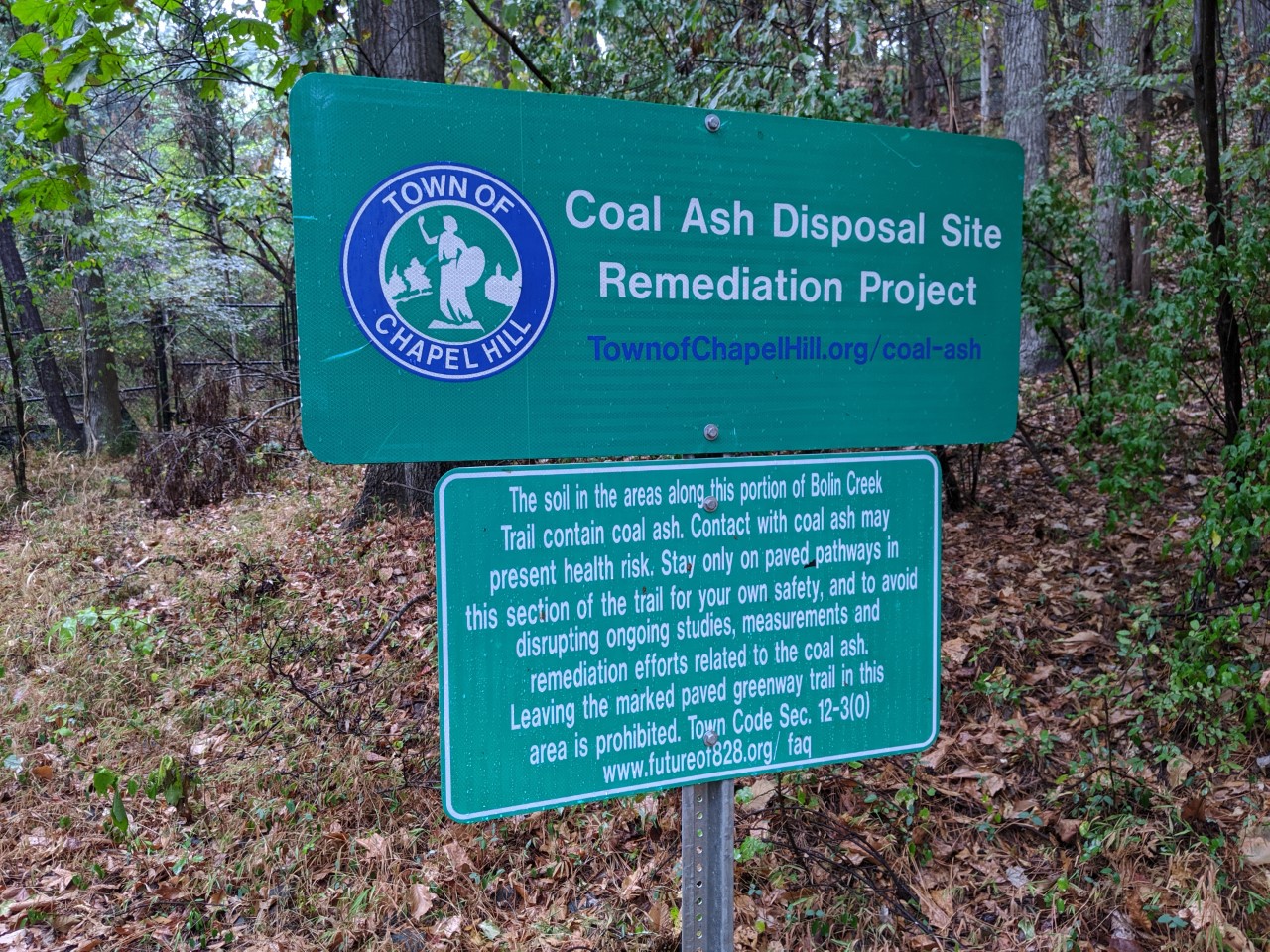
A sign for the coal ash remediation project posted near Bolin Creek Trail.
David Duncklee, President and Senior Hydrogeologist of Duncklee & Dunham which handled the coal ash removal, told the council while they will continue to monitor the soil on the property, there was no sign of runoff at the time into Bolin Creek.
“After these recent floods and heavy rains, we didn’t see a lot of washout,” Duncklee said. “But if there’s something observed once all the soil is removed and we’ve backfilled with clean [soil] or something that happens that potentially looks like it washed out coal ash, we could certainly take additional samples.”
While the future of the police department property is unknown, John Richardson, the Community Resilience Officer for Chapel Hill, said fences would be installed to prevent silt and runoff from the removal of coal ash from draining into Bolin Creek.
“Once we get the interim measures in place and once a decision has been made about where the police station can go,” Richardson said about the property, “we’d like to continue the conversation we started with you and the community about the future use of this property and how that relates to difference remediation options for the site.”
Additional renovations to the existing trail will follow once the extension is complete. Crews will replace the asphalt trail between Martin Luther King Jr. Boulevard and Bolinwood Drive with concrete to better withstand future flooding. The existing trail will also be moved further from Bolin Creek in at least one location and wood decking on the foot bridge from the street will also be replaced.
The town estimates the project will take around four months to complete and construction will be weather-dependent.
Related Stories
‹

Chapel Hill Signs Finalized DEQ Agreement for 828 MLK Boulevard Coal Ash SiteThe Chapel Hill Town Council recently finalized a decade-long effort for finding a solution to the coal ash at 828 MLK Jr. Boulevard.

Draft DEQ Agreement for 828 MLK Boulevard Reaches Final Stages with Public HearingChapel Hill residents shared some final thoughts on data and land use restrictions regarding 828 Martin Luther King Jr. Blvd. on Wednesday.

Chapel Hill, DEQ Set to Share Draft Agreement for 828 MLK Boulevard's Coal Ash RemediationChapel Hill said the Department of Environmental Quality is preparing a public comment period on 828 Martin Luther King Jr. Blvd for July.

Conversations with the Mayors: Chapel Hill Moves Forward with LUMO Work and New Council MembersThe Chapel Hill Town Council held its first meeting of 2024 this week, which also represented the first business meeting with a new council. Chapel Hill Mayor Jess Anderson joined 97.9 The Hill’s Andrew Stuckey for her weekly “Conversations with the Mayors” segment the following day and shared some highlights from the meeting — and […]

Chapel Hill's Vote on 828 MLK Redevelopment Seeks to End 'Hamster Wheel' of InactionChapel Hill's Town Council voted to make a new plan for a future Municipal Services Center. It's step toward addressing coal ash on the site.
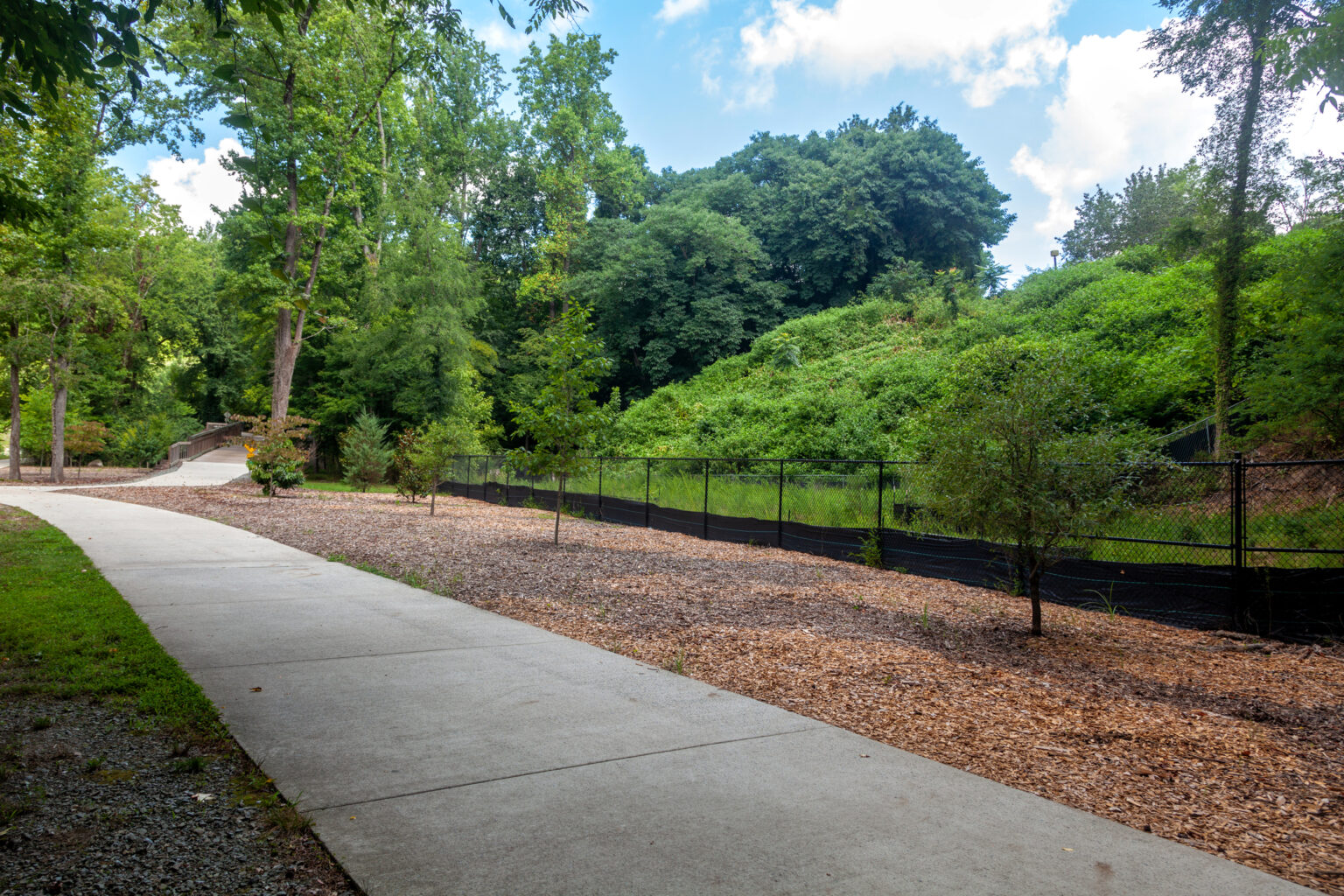
North Carolina’s Iconic College Town Struggles to Redevelop a Toxic Coal Ash MoundAs the Town of Chapel Hill prepares to redevelop land less than two miles from the University of North Carolina campus, some say a draft cleanup plan fails to adequately protect the public from arsenic, cobalt and other toxic metals that were detected in the greenway in 2013.

Chapel Hill Negotiates Lease for New Police Department Headquarters Off Millhouse RoadUPDATE: On June 17, the Chapel Hill Town Council unanimously approved a resolution allowing the town manager to execute a lease at 7300 Millhouse Road as part of its consent agenda. The Chapel Hill Police Department has long sought a permanent home beyond their current spot at 828 Martin Luther King Jr. Boulevard. The facility […]
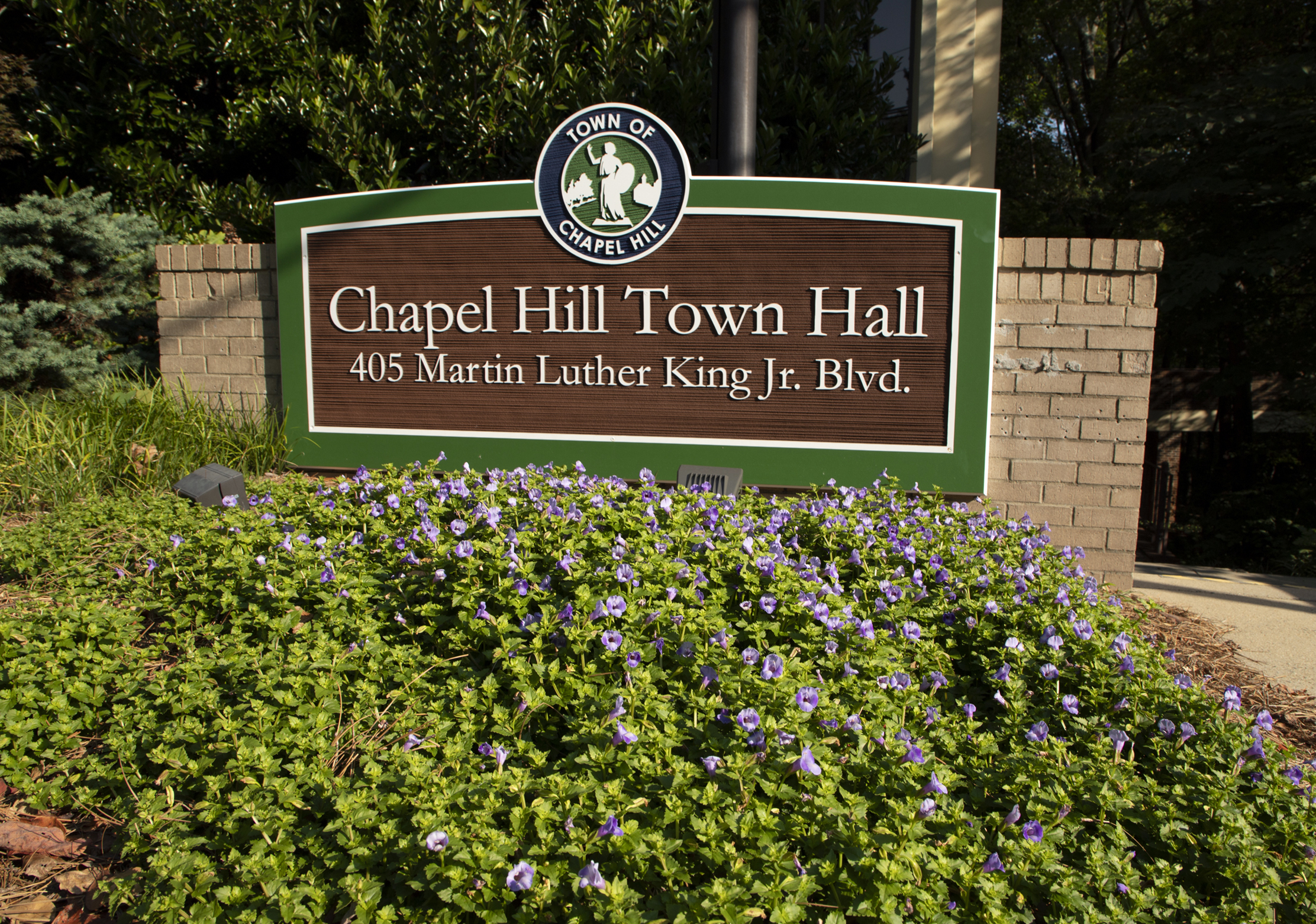
Center for Biological Diversity Affiliate Shares Endorsements, Methodolgy in Chapel Hill's 2023 RacesThe Center for Biological Diversity's action fund shared its endorsements in Chapel Hill's 2023 races, largely basing them around one issue.
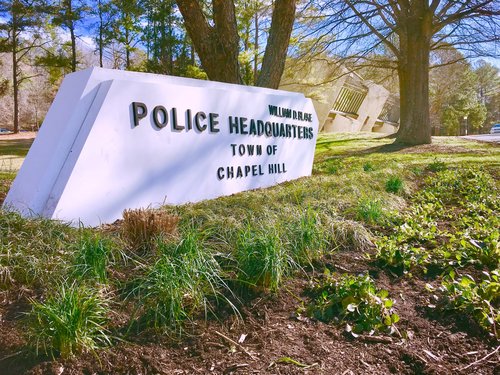
Following Concept Plans, State DEQ to Review Chapel Hill's Police Department PropertyThe Chapel Hill Town Council discussed potential development plans for the 828 Martin Luther King Jr. property at its April 27 meeting, a necessary step for advancing the town’s plans to address coal ash on the site. The land, where the current Chapel Hill Police Department has been located since the 1980s, is now set […]
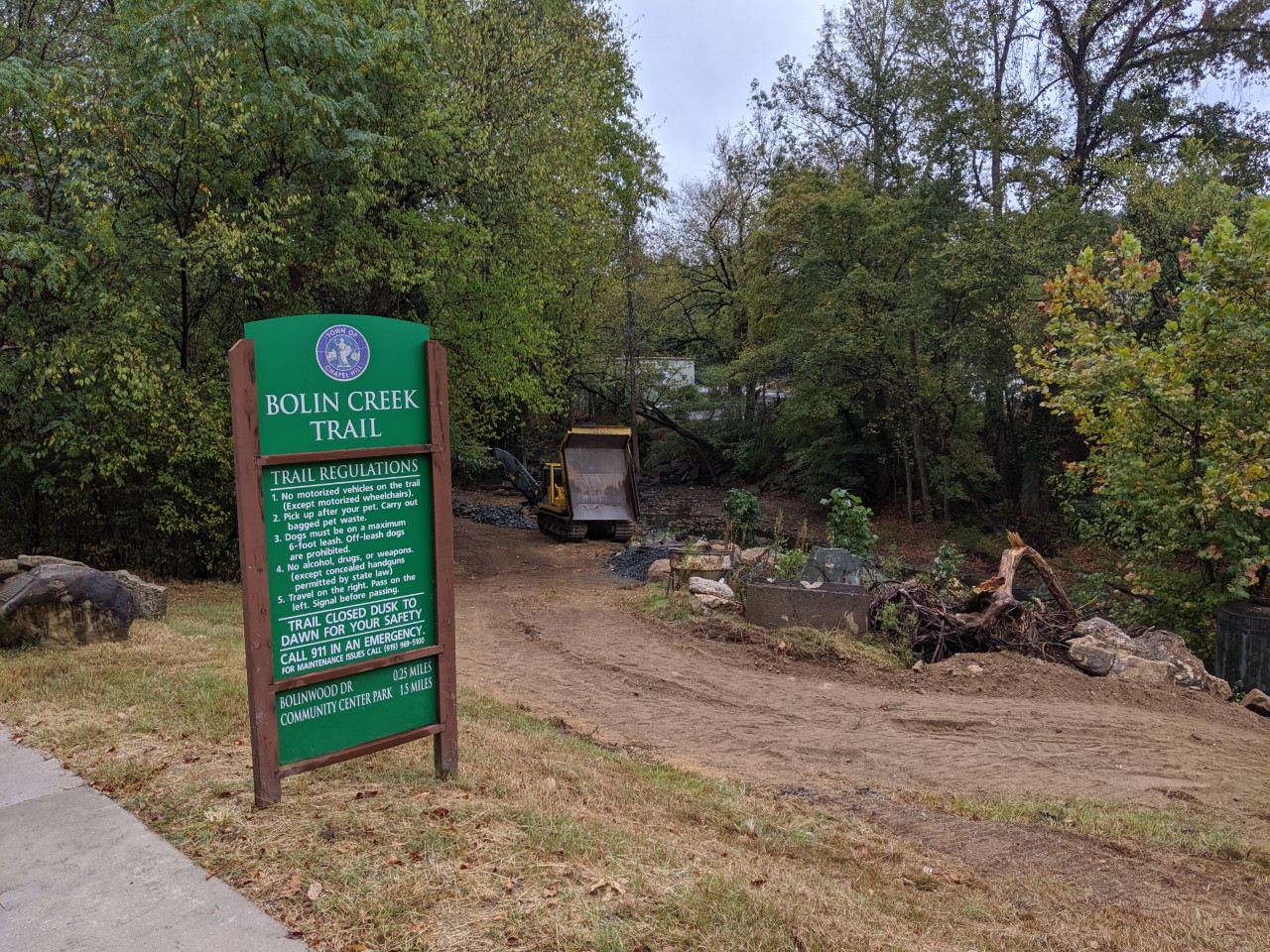
Construction, Renovation of Bolin Creek Trail Resumes After DelaysA 550-foot gap has sat in the Bolin Creek Trail for months. Those using the trail have had to cross busy Martin Luther King Jr. Boulevard to return to the trail instead of crossing under the bridge on the path. Now, after delays from Hurricanes Florence and Dorian and the coal ash remediation project along […]
›


